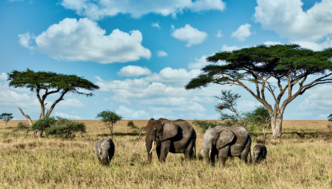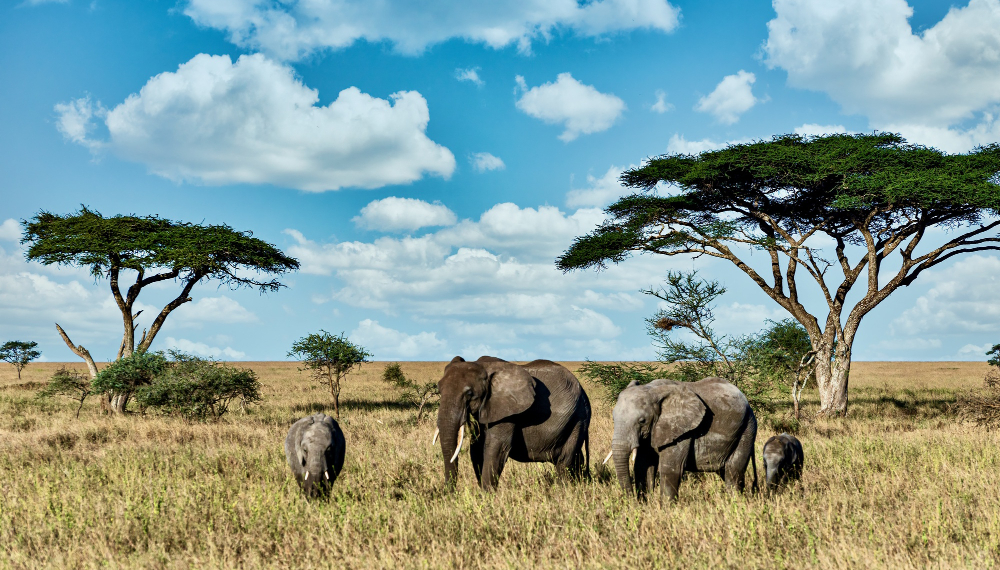On Wednesday, May 28, 2025 the Endangered Species Conservation and Protection Bill, 2024 successfully passed its final and third reading in the House of Representatives in Nigeria and is now set to be sent to the Senate for concurrence.
This historic Bill enhances Nigeria’s response to serious and organised wildlife trafficking, and introduces stricter penalties for wildlife crime. It provides investigators with greater authority to probe financial transactions and conduct intelligence-led operations. It also seeks to empower judges to expedite wildlife cases and recover assets while also promoting international collaboration by aligning with global treaties.
The sponsor of the Bill, Hon. Terseer Ugbor, the Deputy Chairman of the House Committee on Environment, said:

“This Bill sends an unambiguously clear message that Nigeria will not tolerate the use of its borders for trafficking of illegal wildlife products, such as pangolin scales and ivory, to foreign markets. By modernising our laws, we want to ensure that future generations will continue to benefit from the ecological and economic value of our biodiversity.”
According to him, the bill is pivotal in combating the illegal wildlife trade and safeguarding Nigeria’s iconic wildlife populations. He further added that coordinated security operations in the open border regions through southeastern area to the Middle Belt, a major nexus for transit, would mitigate the influx of unidentified and illegal immigrants, to curb insecurity in the country.
Over the last decade, Nigeria has emerged as a key destination, a leading source and a transit point for wildlife trade amid weak laws and enforcement. Due to its porous borders, corruption, transport links to Asia, and poor law enforcement, wildlife traffickers have made Nigeria a key exit point for ivory smuggled from Africa to Asia.
According to the United Nations Office on Drugs and Crime (UNODC), between 2009 and 2017, almost 30 metric tonnes of seized ivory, and in 2019, at least 51 metric tonnes of seized pangolin scales, originated in Nigeria.
The federal government made its largest seizure of pangolin scales in January 2020, after officials recovered 9.5 metric tonnes of scales worth an estimated N10.6 billion ($25.9 million). In 2021, the Nigeria Customs Service intercepted 18.7 metric tonnes of elephant tusks, rhino horns, pangolin scales and claws at various exit points across the country.
In February 2022, it seized 145 kilogrammes (320 pounds) of elephant tusks and 840 kg (1,852 lbs) of pangolin scales at a notorious market in the affluent Lekki district of Lagos.
If adopted by the Senate and approved by the President, the Endangered Species Conservation and Protection Bill, 2024, will mark a turning point in Nigeria’s approach to environmental and biodiversity protection, strengthening the country’s position as a regional leader in wildlife conservation.













